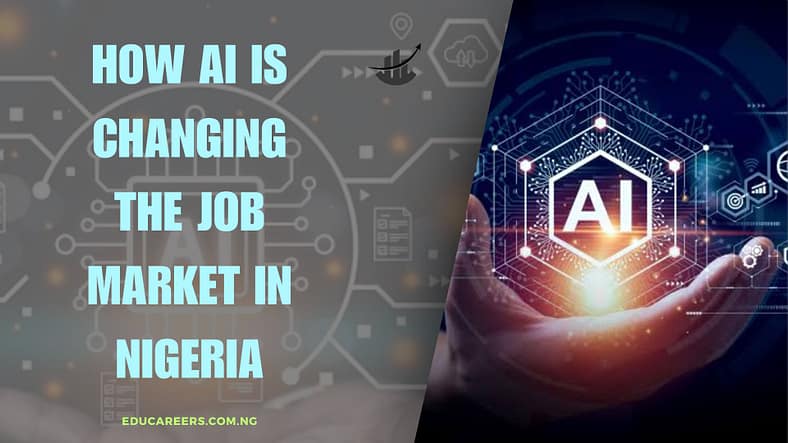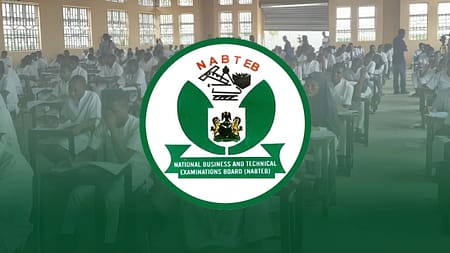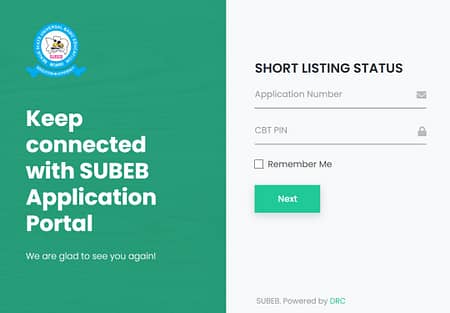Artificial Intelligence (AI) is transforming economies worldwide, and Nigeria is no exception. As a rapidly developing nation with a growing technology sector, Nigeria’s job market is experiencing significant shifts due to AI adoption. This article explores the opportunities, challenges, and implications of AI for Nigeria’s workforce, offering actionable insights for job seekers, businesses, and policymakers. Also read “Student’s ChatGPT and AI Tools for Projects and Studies: Advantages and Disadvantages”
The Impact of AI on the Nigerian Job Market
1. Job Creation and Economic Diversification
AI is opening new avenues for job creation in Nigeria, particularly in the tech and startup ecosystem. With innovations in sectors like fintech, healthcare, and agriculture, AI is driving economic diversification. For example, AI-powered solutions in agriculture are helping optimize crop yields and reduce waste, while in fintech, algorithms are enhancing fraud detection and financial inclusivity.
Emerging Roles:
- Data Scientists and AI Engineers
- Automation Specialists
- Cybersecurity Analysts
2. Job Displacement and Automation
While AI creates opportunities, it also automates repetitive tasks, potentially displacing jobs in industries like manufacturing and customer service. Globally, up to 20 million manufacturing roles may be lost to automation by 2030. In Nigeria, similar trends are seen in sectors like logistics and retail, where automation is streamlining operations but reducing demand for manual labor.
3. Skills Gap and Workforce Challenges
The rapid integration of AI has revealed a significant skills gap in Nigeria. Many workers lack the digital and technical skills required to thrive in AI-driven industries. As a result, there’s a growing need for upskilling and reskilling initiatives to prepare the workforce for future demands.
To Receive Latest Updates on: Scholarships, Internships, Recruitments and Job Opportunities Join our Telegram and WhatsApp Group Now!!
Opportunities and Strategies for Adaptation
1. Education and Skill Development
To mitigate job displacement, Nigerian institutions and organizations must prioritize education reforms and training programs. Initiatives that focus on coding, data analysis, and AI fundamentals can help bridge the skills gap. Government-backed programs like the National Digital Economy Policy are already paving the way for such transformations.
Key Focus Areas:
- AI Literacy for Students and Professionals
- Partnerships with Global Tech Leaders for Advanced Training
2. Entrepreneurship in AI
Nigeria’s vibrant startup ecosystem is a hub for AI innovation. Startups developing AI-powered tools for local challenges—like telemedicine platforms for healthcare or predictive analytics for business—are driving growth while creating new job roles.
Support Needed:
- Increased access to funding for AI startups
- Mentorship and collaboration opportunities with international tech companies
3. Policy and Regulation
Policymakers play a crucial role in shaping the AI landscape. Nigeria must create frameworks that encourage responsible AI adoption while protecting workers from job insecurity. For instance, regulations that support fair wages and worker protections can foster a balanced transition to an AI-enhanced economy.
The Future Outlook
Despite the challenges, the future of AI in Nigeria is promising. By 2025, AI and robotics are expected to displace millions of jobs globally but create even more roles requiring advanced skills. For Nigeria, embracing AI is not just about technology but about leveraging it to build a resilient and inclusive job market.
Next Steps for Stakeholders:
- Businesses: Invest in employee training and AI integration strategies.
- Job Seekers: Learn AI-related skills to stay competitive.
- Government: Promote policies that balance innovation with worker rights.






